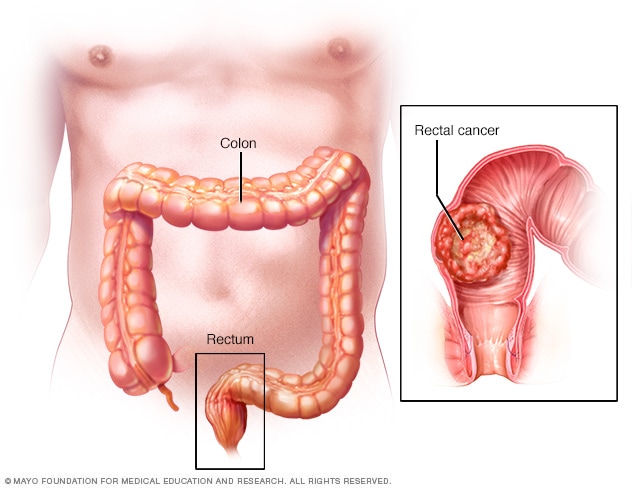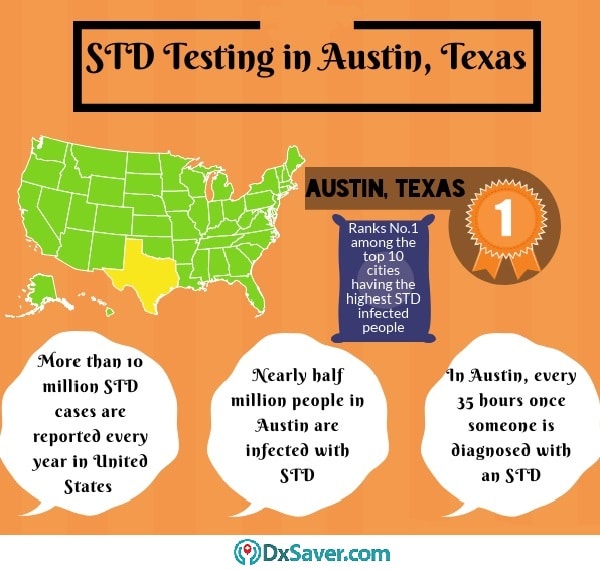Although colon and rectal cancer are not the exact same disease they are still referred to as colorectal cancer as a group. Colon and rectal cancer begin in the same organ the large intestine.
 Colon Cancer Symptoms Survival Rate Treatment Stages
Colon Cancer Symptoms Survival Rate Treatment Stages
Surgery is the most common treatment for colon cancer which develops in the first five feet of the large intestine and is located in the belly.

Is rectal cancer the same as colon cancer. This cancer can extend into the anal canal but is derived from the glandular tissue rather than the skin. How colon cancer and rectal cancer are similar. But there are important differences between colon and rectal cancers.
These cancers can also be called colon cancer or rectal cancer depending on where they start. Colon cancer and rectal cancer are often grouped together because they have many features in common. This is where food is broken down to make energy and where the body gets rid of solid waste poop or stool.
Colorectal cancer starts in the colon or the rectum. Colorectal cancer starts in the colon or the rectum. Colon cancer starts in the colon and rectal cancer starts in the rectum.
These cancers can also be named colon cancer or rectal cancer depending on where they start. Colorectal cancer CRC also known as bowel cancer colon cancer or rectal cancer is the development of cancer from the colon or rectum parts of the large intestine. In the picture above you can see where the colon and rectum are inside the body.
Both colon and rectal cancer affect the large intestine which is the lowest part of the digestive system. Colorectal cancers share similar symptoms including changes in bowel habits blood in stool as well as many of the same risk factors. The main difference between the two types of cancer is where they start in the large intestine.
While colon and rectal cancers can be similar and are often referred to collectively as colorectal cancer anal cancer is completely different in significant ways including the cell type where cancer begins the cause of the cancer who gets this cancer and how we treat it. About 72 of new CRCs arise in the colon and the remaining 28 arise in the rectum. It is one of the most common cancers in the UK.
Your doctor will feel your abdomen and rectum to detect any lumps. The first step involves a blood test and a physical examination. Signs and symptoms may include blood in the stool a change in bowel movements weight loss and fatigue.
These are both part of the digestive system. Colon cancer and rectal cancer are often grouped together because they have many features in common. Less common and potentially more dangerous rectal cancer calls for special expertise to properly diagnose and treat it.
Most colorectal cancers begin as a growth on the inner lining of the colon or rectum called a polyp. Rectal cancer is an adenocarcinoma or a cancer of the glandular cells of the colon. Truth be told it is neither and it is both.
The terms colon cancer and colorectal cancer tend to be used interchangeably. These growths can be termed as polyps and some types of polyps can turn into cancer after years. Colorectal cancer begins on the inner lining of ones colon or rectum.
They can cause the same symptoms and are diagnosed the same way usually by a colonoscopy. But the similarities dont stop there. Almost 90 of anal cancer cases are related to a human papilloma virus HPV infection whereas rectal cancer is not related to HPV.
In contrast cancer of the small intestine is rare Bowel cancer can affect any part of the colon or rectum. The lifetime risk of being diagnosed with CRC in the United States is estimated to be 59 for men and 55 for women. As colon cancer and rectal cancer both affect the large intestine they are diagnosed using the same types of tests.
However colon and rectal cancer may be treated differently. Colorectal cancer is a broad term that can be used to refer to both colon and rectal cancer. Rectal cancer is defined as cancer arising below the peritoneal reflection up to approximately 1215 cm from the anal verge.
Colon cancer and rectal cancer are often grouped together because they have many features in common. Both are cancers of the large intestine. Cancer of the colon or rectum is sometimes called colorectal cancer bowel cancer or cancer of the large intestine.
Colon Cancer vs Rectal Cancer.

